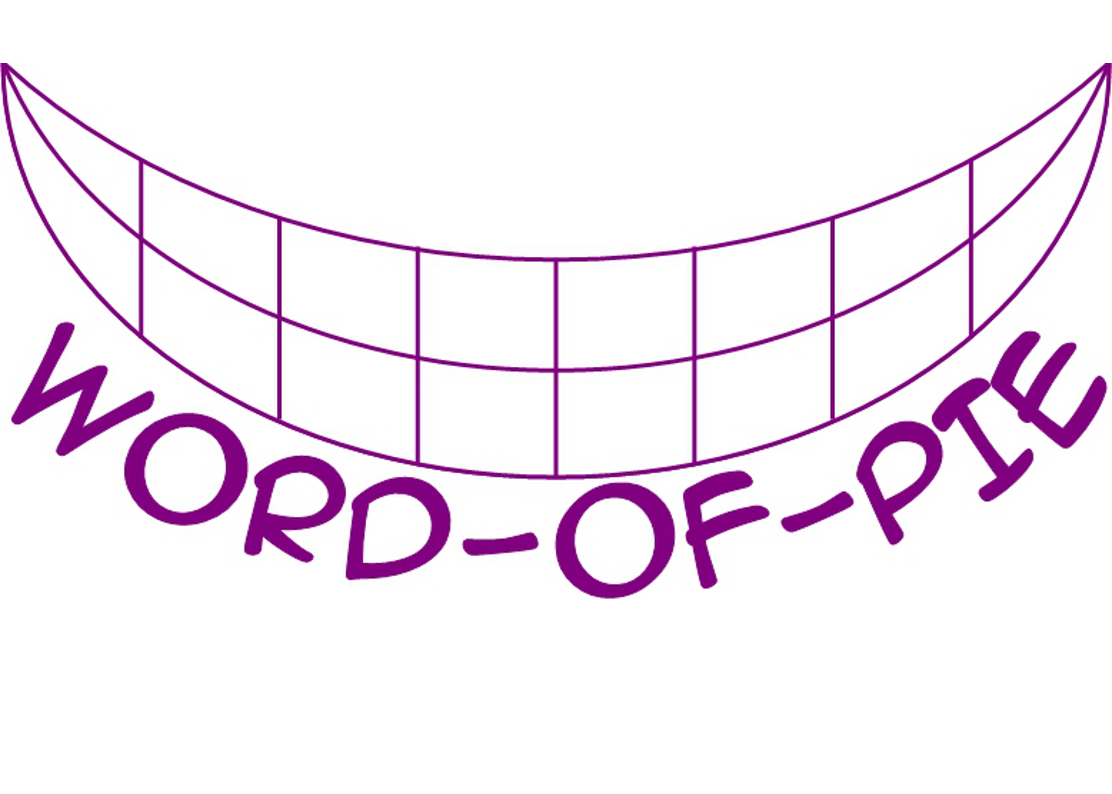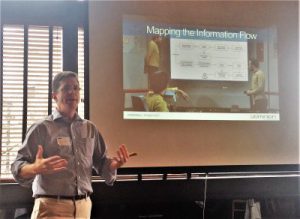I’ve been talking for a while about how we need to mix things up in the space. Records Management as we know it is dead and it has dragged Enterprise Content Management (ECM) down with it. We need to completely change things to get back on track.
While I was attending the ARMA conference, ARMA’s president, Julie Colgan, said that Records Management needed to evolve. I said that it wasn’t enough. Records Managers need to revolt against the system and change things. Julie saw the comment on twitter and promised a response.
Well, today Julie gave a response.
I also believe that RIM needs a revolution, but in order to get there, we first need the professionals in the space to be ready to revolt.
Let’s face it. As much as Records Management, and ECM as a whole, has failed, the needs for proper Information Governance has not changed. Organizations still have the same requirements.
We need to work WITH the Records Management professionals. We need to work together to find a way to meet the requirements of the organization while addressing the central failure point, which is that existing solutions make every employee a Records Manager.
They don’t want to be Records Managers.
I personally welcome ARMA to the battle. The members of ARMA have knowledge that we need. They also have ideas. I saw many speakers at the conference calling for a new approach. We need to learn how to relieve people from the burden of managing records to allow them to focus upon their jobs.
Shall we start a revolution together?
[Note: For a webinar discussion inspired by this post, head over here.]
 It has been a long couple of years. Everything has moved online and maintaining the sense of community in the Information Governance (InfoGov) industry has been a challenge. That is not even taking into account the continued changes our association space that we’ve been seeing.
It has been a long couple of years. Everything has moved online and maintaining the sense of community in the Information Governance (InfoGov) industry has been a challenge. That is not even taking into account the continued changes our association space that we’ve been seeing.




 Next week I will be at the
Next week I will be at the